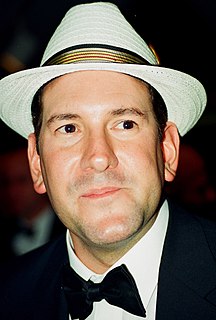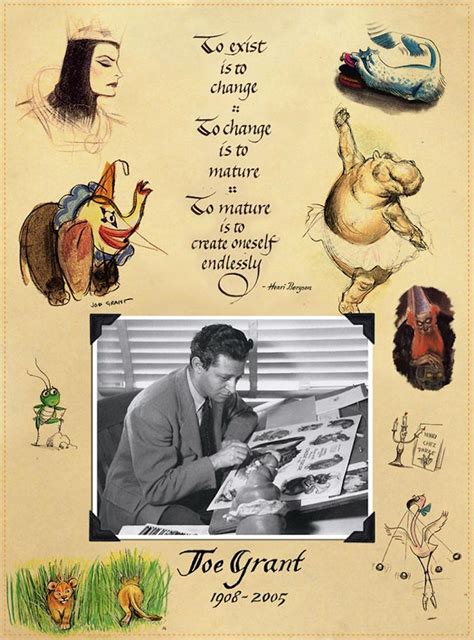A Quote by Bill Gates
Success on the Web require high-level corporate understanding of the Internet's capabilities and support of early test-and-invest projects.
Related Quotes
The notion of the Internet as a force of political and social revolution is not a new one. As far back as the early 1990s, in the early days of the World Wide Web, there were technologists and writers arguing forcefully that the Internet was destined to become the most important tool for cultural change in human history.
When I was 14, I spent a huge amount of time on the Internet, but not the Internet we know today. It was 1994, so while the World Wide Web existed, it wasn't generally accessible. Prodigy and CompuServe were popular, and AOL was on the rise, but I didn't have access to the web, and no one I knew had access to the web.
I have a very clear perception what the Internet is in my mind. I'm free. I'm not defined by what they say is the Internet is. Meaning Goldman Sachs, meaning who they invest in for the latest start-up, meaning the latest Buzzfeed, or Salon, or Gawker. Well, Gawker's more independent. But, there's a lot of corporate makeover of the Internet that I have not adapted to, simply put. I'm friends with some of them. When I go to New York I make the 6th Avenue rounds, but I am not a part of that system.
What I saw quite clearly in the '80s, before the internet, was that the whole world was shifting toward digital formats, and that didn't matter whether it's movies or writing or whatever. It was something that was coming. And with the invention of the World Wide Web in the early '90s, when we were teaching our first courses, or the arrival of the internet by way of the browser, which opened up the internet to everybody - soon it was just revolutionary.
It is a shame that homebrew development can't be officially sanctioned and supported, because it would be a wonderful platform for a modern generation of programmers to be able to get a real feel for low level design work, to be contrasted with the high level web and application work that so many entry level people start with.



































